Oddly, Registered ECC memory (which we expected to perform the same as ECC memory) performed ~12% slower than standard memory in most tests, and almost 12% slower on the Multi Core Memory test This 12% performance drop in the Multi Core Memory is a little suspicious since it is just a little bit less than ten times the Single Core MemoryCORSAIR Vengeance RGB PRO 32GB (2PK 16GB) 32GHz PC DDR4 DIMM Unbuffered NonECC Desktop Memory Kit with RGB Lighting White User rating, 48 out of 5 stars with 1269 reviews 48 (1,269)Standard memory (or NonECC) uses banks of 8memory chips in which data is stored

Difference Between Ecc And Non Ecc Ram Detail Explained In Urdu Hindi Ecc Memory Youtube
Non ecc vs ecc memory difference
Non ecc vs ecc memory difference-ECC aur Non ECC memory mein kya difference hai?ECC vs NonECC 8 VIKING TECHNOLOGY – AN0031 ECC vs NonECC Whitepaper Rev A 6 Advantages and disadvantages of ECC RAM ECC protects against undetected memory data corruption, and is used in computers where such corruption is unacceptable, for example in some scientific and financial computing applications, or in file servers




What S The Difference Between Ecc Memory And Non Ecc Memory Youtube
Posted Author On 6/9/17 at 804 AM, mariushm said Registered is mostly on server grade processors with suitable motherboards Workstation are regular processors can usually only use ECC Unbuffered memory (Ryzen and older AMD processors, some Intel series) Well, the Xeon E is a server grade processor so that will probably Who Should Use ECC RAM For most gamers and general home office users, ECC RAM will not be worth the additional expense The occasional memory failure is a nuisance, but won't really cost you anything Seems the difference is that the Syno ram is ECC and the Crucial ram is NONECC The diskstation booted fine with the NONECC ram, shows a full 16gb, the tasks I run that were causing it to swap only used about 40% of the 16gb However the system sent me the following email Memory configuration that is not compatible with this model is detected
And they are cabable of upgrading the memory with ECC and/or nonECC memory What I cannot understand, even though I have read allmost "everything" I could find about memory, ECC as well as nonECC memory, the rates of failure I have experienced is nowhere near the percentages I have read about when comparing nonECC and ECC RAMNamaskaar Dosto, is video mein maine aapse ECC Memory ke baare mein baat ki hai, ECC itni reliable kaise hai?ECC memory has 8 extra bits to support the ECC The system board to be used must support ECC, and all of the memory in the system must be ECC for it to be actively supported Your system board specifications will tell you whether or not you can use ECC Using ECC decreases your PC's performance by about 2% Current technology DRAM is very
NonECC, or nonparity, memory is fine for most systems not running a server ECC SDRAM Guide ECC or Nonparity? With the current minor cost differential of ECC versus nonECC unbuffered DIMMs, there is little reason to get nonECC memory for a server Unbuffered ECC versus Registered ECC Memory Adding to the ECC concept, there are two concepts at play, unbuffered and registered ECC memory modules The larger the stick, the higher the price premium Finally, ECC RAM is slightly slower than nonECC RAM Many memory manufacturers say that ECC RAM will be roughly 2% slower than standard RAM due to the additional time it takes for the system to check for any memory errors



My Experience Of Switching From Non Ecc To Ecc Ram On Ryzen Platforms Amd




What S The Difference Sap Ecc Vs Sap Hana Vs Sap S 4hana
Using ECC memory reduces the system performance by 10%, with memory now it is designed not to cause many problems therefore Non ECC should be good enough 1249 AM I'm sorry, but you are sadly mistaken ECC memory has a very negligible effect It is slightly slower than nonregistered, but I've heard that doesn't really make a difference except for benchmarks The systems that use registered memory usually don't care about 001% performance loss, especially if it means a reduced chance for errorsYou can tell the difference between ECC and nonECC by counting the number of chips If the number of chips is divisible by 3 or 5, the module is ECC memory Parity RAM




Solved Mixing Ecc Memory In A Server



What Is The Difference Between Ecc Ram And Non Ecc Ram Quora
Physically, ECC memory differs from nonECC memory (like what consumer laptop / desktop RAM uses) in that it has 9 memory chips instead of 8 (memory chips are used to store data that is sent to The other side claimed that ECC memory was slower than nonECC so it wasn't the right choice for a highend workstation where performance was a priority Much of the ECC versus NonECC argument The majority of computers out there are running without ECC memory and have been for a long time ECC memory is slower, and much more expensive The day may come when the bitbleed from nonECC memory catches up with the Earth, but none of us will ever see it There are much weaker links in your computer than nonECC memory



Advantages Of Ecc Memory




What And How To Check When Determining If A Memory Stick Will Be Compatible With A Particular Server Server Fault
Motherboard, (and with ECC supporting BIOS) CPU; ECC is usually only used for systems where crashes or reboots are unacceptable like servers Plain old desktops rarely use it because plain old RAM is very reliable and ECC is more expensive ECC is also a little slower than the standard nonECC model of the same kind of RAM Second is ECC versus NonECC, ECC is just better, there is many reasons for using ECC over NonECC I found this quote on Wikipedia " Errorcorrecting code memory (ECC memory) is a type of computer data storage that can detect and correct the more common kinds of internal data corruption
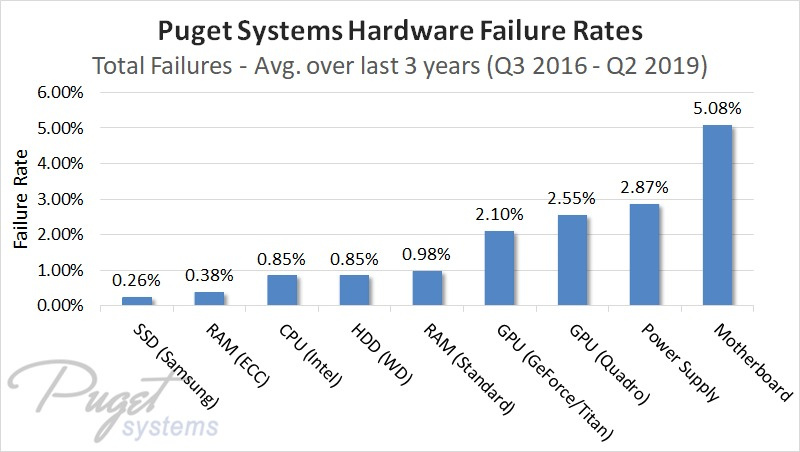



To Ecc Or Not To Ecc




64 Gb Ecc Registered 1333mhz Vs 32 Gb 1600 Gaming Ram Xeon E5 26 Rainbow Six Siege Youtube
ECC Memory vs NonECC Memory What's the difference between an ECC memory and nonECC memory?Answer (1 of 14) A What is the difference between ECC RAM and non ECC RAM? NonECC Memory vs ECC Memory What is the distinction between ECC and nonECC memory?




Kingston Valueram 2gb 667mhz Ddr2 Non Ecc Cl5 Dimm Desktop Memory At Amazon Com
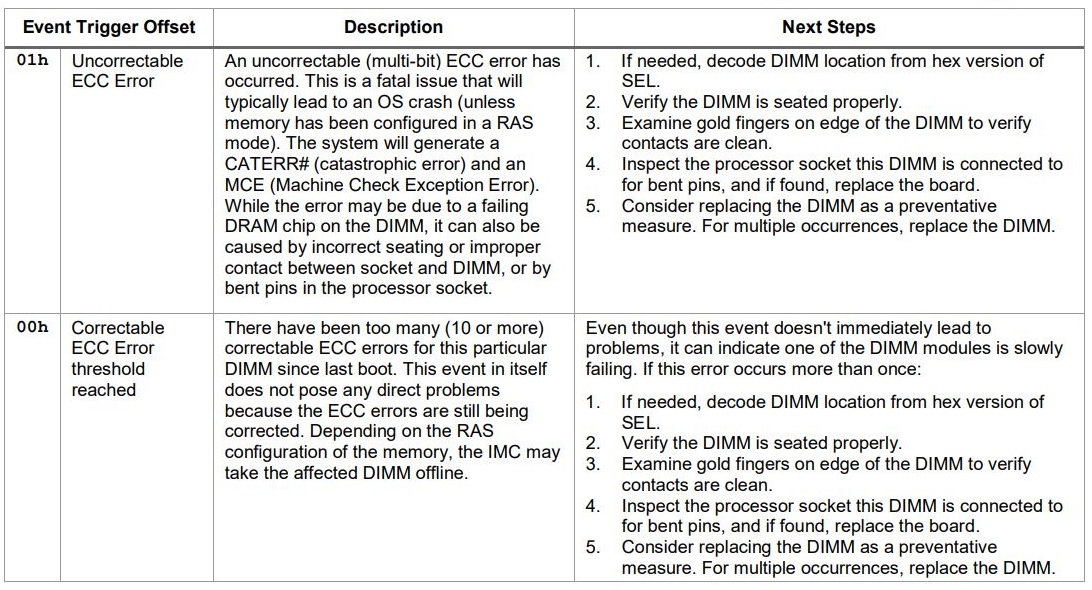



Basic Diagnostics For Correctable Uncorrectable Ecc Memory Errors
Physically, ECC memory differs from nonECC memory (like what consumer laptop / desktop RAM uses) in that it has 9 memory chips instead of 8 (memory chips are used to store data that is sent to Adding to the ECC concept, there are two concepts at play, unbuffered and registered ECC memory modules The basic difference is that memory commands in unbuffered memory configurations go directly from the controller to the memory module, while in registered memory configurations the commands are sent first to the memory banks' registers prior to The cheapest and most readily available Ram type today is DDR3 SDRAM It is "safe" to use over ECC for personal workstation needs unlike the new LGA 11 generation that the system you are suggesting uses and supports all types of DDR3, ECC and nonECC, older Xeons that were under a "blanket" rule of thumb configuration that needed to support mainly servers,




What Designers Need To Know About Error Correction Code Ecc In Ddr Memories



Buffered Unbuffered Registered Memory What Is The Difference
Memory overclocking is a slightly bigger deal, as I would get a minimum of 30 MHz (and possibly 3600 MHz) from nonECC memory versus 2400 MHz or 2666 MHZ out of ECC, and my application is at least partially memory bound ofc timings play a role too, but I would imagine that I would be getting decently better performance from the nonECC (myAn ECC (Error Correction Code) RAM has extra memory bits in it to allow automatic Another question is about performance This website says that ECC memory is slower than nonECC memory, by about 2% For my applications, 2% slower does not seem bad But now suppose I compare two memory sticks that have different clock frequencies Here are two systems that I am considering




Difference Between Ecc And Non Ecc Ram Detail Explained In Urdu Hindi Ecc Memory Youtube



Advantages Of Ecc Memory
#7 If you use an ECC RAM module and install it on a nonECC motherboard, the result will be a nonused bit on the RAM The computer will use the RAM as any other 'normal' module and will execute and transmit (minus the one extra bit) in exactly the same way as nonECC RAM would on a nonECC motherboard A nonECC memory won't do it but it does perform a bit faster, and will also be slightly cheaper Can you use ECC and nonECC together?While both perform all of the functions that a memory should, an ECC memory provides more than just data reading and writing Errors in your memory will be automatically detected and corrected by an ECC memory
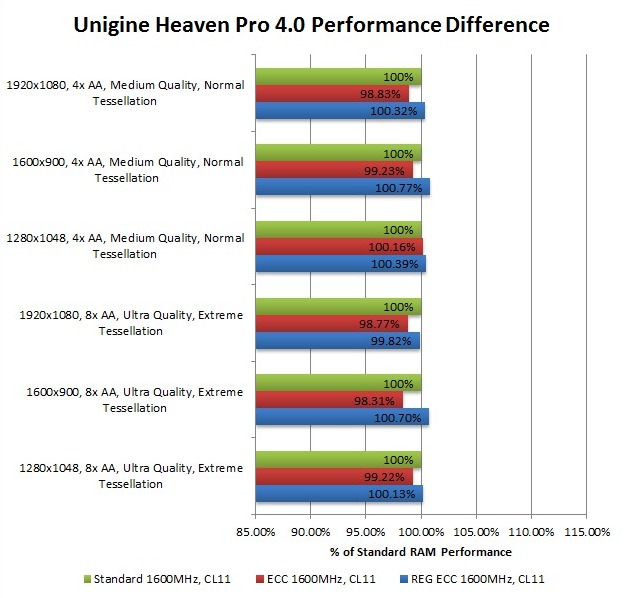



Debunking A Myth Ddr3 Ram Vs Ecc Memory Performance Techspot




Ecc Memory The Reliable Memory Ecc Vs Non Ecc Memory Explained Youtube
NonECC (also called nonparity) modules do not have this errordetecting feature Any chip count not divisible by three or five indicates a nonparity memory module Using ECC decreases your computer's performance by about 2 percent Current technology DRAM is very stable, and memory errors are rare, so unless you have a need for ECC, you areOS, (FreeBSD & FreeNAS support ECC memory) As a side note, it appears DDR5 memory, which is just coming out, may support more ECC options From my reading, you can get 2 x 32 bit channels, (each with 8 bits of ECC), on each DIMM Weird, but it's supposed to allow independant R/W from eachECC RAM is designed to be able to catch those failures and fix them For a server, this is important, because it can mean the difference between continuing to run or crashing Or the difference between your paycheck being $1000 or $100 It also allows the server to
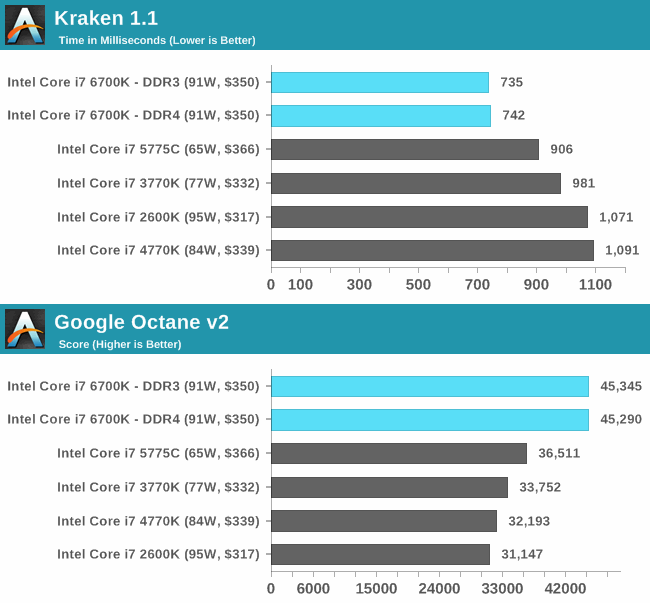



To Ecc Or Not To Ecc




A Tech 16gb Ddr3 1866mhz Desktop Memory Kit 2 X 8gb Pc3 Non Ecc Unbuffered Dimm 240 Pin 2rx8 1 5v Dual Rank Computer Ram Upgrade Sticks At Amazon Com
RAM jenis ECC memory, saat ini baru tersedia untuk Server karena hanya beberapa motherboard dan processor khusus server yang mensupport penggunaan technology ECC memory ini Untuk membedakan RAM ECC dan nonECC dapat dilakukan dengan menghitung jumlah chip memory yang berwarna hitam pada setiap modul RAM This article will explore the attributes of and differences between eMMC and NAND with builtin ECC (such as Toshiba's SmartNAND TM) – as well as go into detail about the applications that are best suited for each Exhibit A eMMC First up, eMMC, which stands for embedded multimedia card, is one of the most popular embedded memory solutionsSo in itself memory speed should be independent of ECC I think, the main difference being that ECC memory probably isn't binned to allow high speeds by defaults, but it should be binned for longevity I run 2 2400 CL17 Dualrank 16gb sticks of ECC memory on my 1800x I overclocked them to T without geardown




16gb 2x8gb Ddr4 2666mhz Pc4 Non Ecc Udimm 1rx8 1 2v Unbuffered Memory For Desktop Pc At Amazon Com
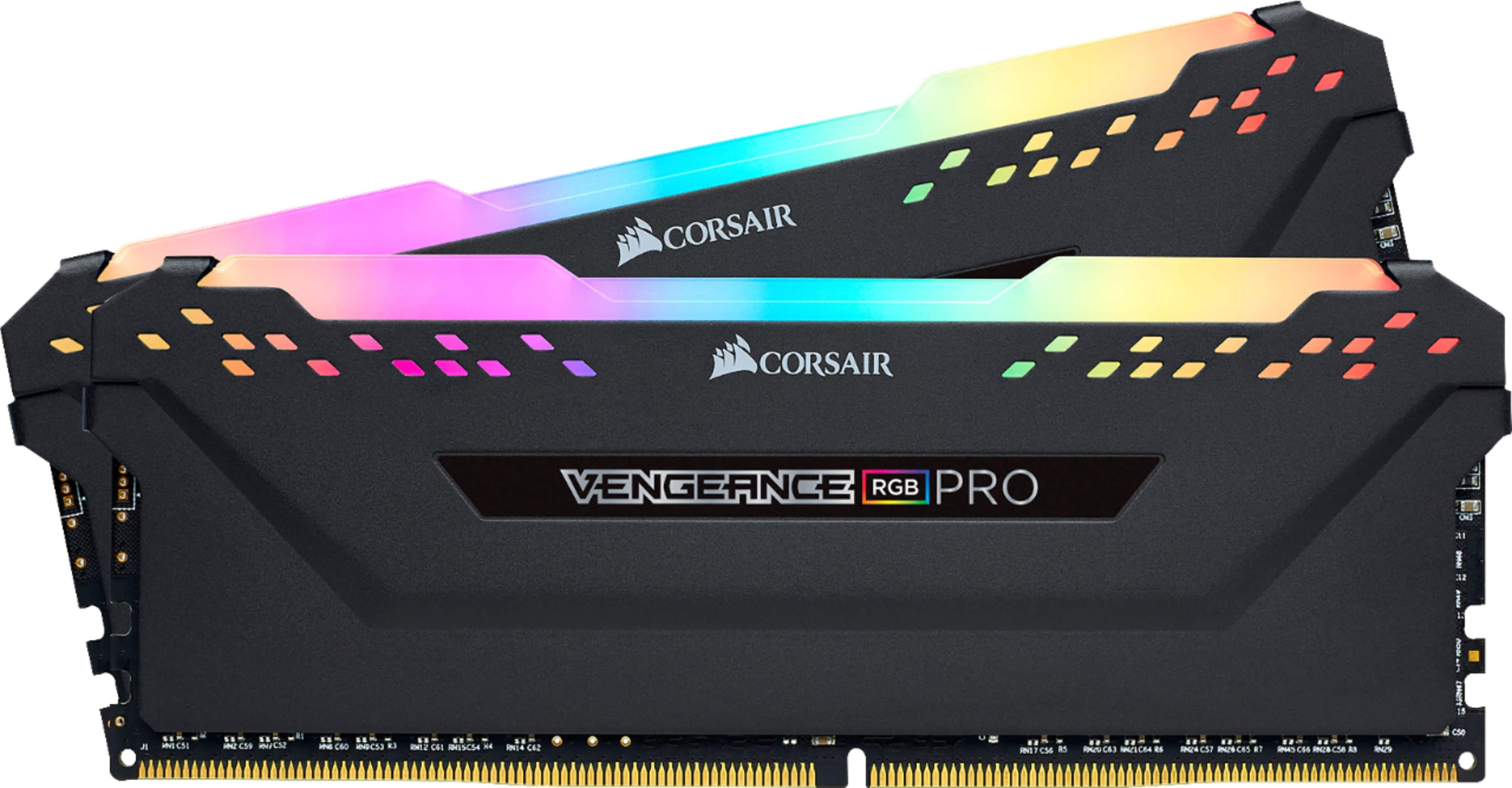



Corsair Vengeance Rgb Pro 32gb 2pk 16gb 3 2ghz Pc4 Ddr4 Dimm Unbuffered Non Ecc Desktop Memory Kit With Rgb Lighting Black Cmw32gx4m2c30c16 Best Buy
Most registered memory tends to be ECC but Kingston has introduced nonECC registered ram Looking at the specs of the Abit KV8MAX3, which is a socket 754 (A64 nonfx), it states that CPU ECC vs Non ECC Memory When it comes to most desktop CAD design, ECC largely doesn't make economic sense for a selfbuild Right off the bat, you're spending money for an issue – correctable memory errors – that statistically will only affect 8% of your hardware, and only if the hardware undergoes a serverlike utilization Painful or not, I do not want my computer's memory to forget anything, or make a mistake either, and that is where ECC or NonECC memory comes into play, or does it?




Official Us Stockist 8gb 1866 Mhz Pc3 Ddr3 1 5v Ecc Reg Server Memory Ram For Supermicro H8sgl Next Time Arrival Undecided Www Vitaclin Com Co



Advantages Of Ecc Memory
While both do all the things a memory should do, an ECC memory offers more than your regular reading and writing of data An ECC memory will automatically detect errors that come from your memory and will automatically correct themYou may have to decide whether you want ECC or nonparity ECC can find and correct some memory errors, but it comes with a performance priceit will slow your system by about 2%So what about ECC vs NonECC Memory?




Micron Mt8htfay 667e1 4gb 4 X 1gb Pc2 5300u Ddr2 667 Non Ecc Memory Kit At Amazon Com
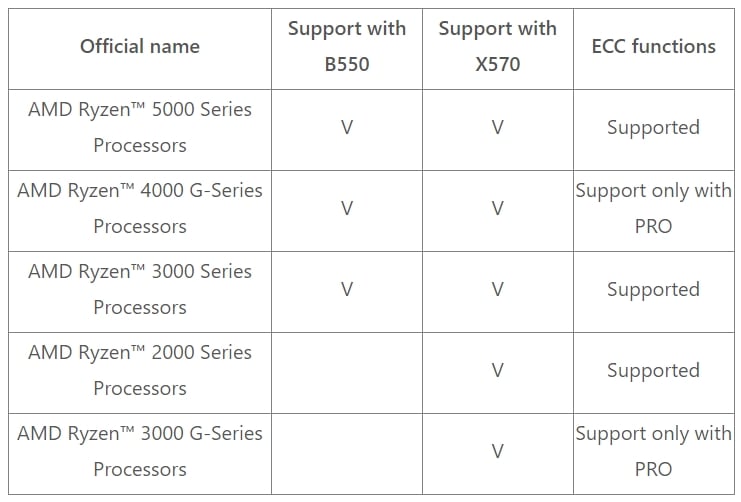



Do You Need Ecc Memory Ram For Your Pc Workloads
Error correcting code memory, or ECC memory, adds one more step in ensuring your data is correctly processed (even though RAM errors are rare) Learn more abMany motherboards support both ECC and nonECC memory Some sources say you can even mix the two types of RAM and the ECC RAM will work as nonECC memory However, most memory companies do not support mixing The 704 points for each ECC RAM config would repeat forever, and then go to like 703 for once For nonECC RAM it's the same way with 585 points at max There is no difference between single and quad channel, no difference in quantity, no difference in memory timings, just this absolutely bizzare radical ECC vs nonECC RAM differentiation



3




Why I Chose Non Ecc Ram For My Freenas Briancmoses Com
I would love some opinions on whether I need to run ECC memory or not I am a ProTools Editor/Musican/Sound Designer/Audio Maniac and a new Mac gamer I'm intend to drop like 4 gigs or more of RAM depending on the best price I can find, but I don't know if ECC is needed for my applications ECC VS NonECC Price Due to the additional memory chip and the inherently more complicated nature of ECC RAM, it charges higher than nonECC memory The amount varies according to the size of the memory stick You should expect to pay about 10% more money when buying ECC memory The larger the stick, the more costs you need to payAnswer (1 of 2) The answer depends on the size and timing For standard everyday RAM it's about 5% The fastest, more dense server chips can be up to 100% more There's no difference per GB




What Is Difference Between Ecc And Non Ecc Ram Hostbet Blog
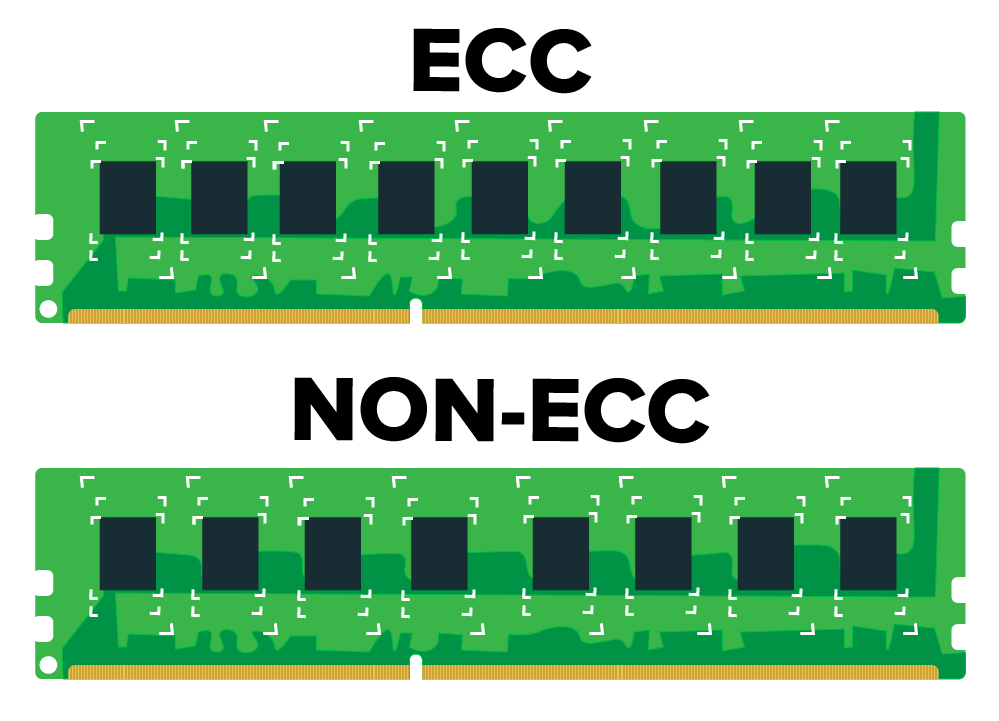



Ecc Memory Vs Non Ecc Memory Why Get Ecc Memory
No doubt that ECC RAM is highly recommanded (required will say Cyberjock as it is red writted in the Sun whitepaper), and don't want to start again a long debate ECC vs NONECC as there is no discussion to be had from a technical point of view, and as there is enough ink on the forum about that ECC is a logical step to parity It uses multiple parity bits assigned to larger chunks of data to detect and correct single bit errors Instead of a single parity bit for each 8 bits of data, ECC generates a 7bit code for each 64 bits of data by using nonbinary, cyclic errorcorrecting code When the 64 bits of data is read by the system, a



Ecc Memory Wikipedia




Linus Torvalds Blasts Intel For Strangling The Ecc Memory Market Intel




Runing X79 Motherboard Atx Lga11 Ddr3 4 Channels Support Non Ecc Reg Ecc Ecc Memory Support I7 3960x Xeon E5 V1 V2 Processors Motherboards Aliexpress
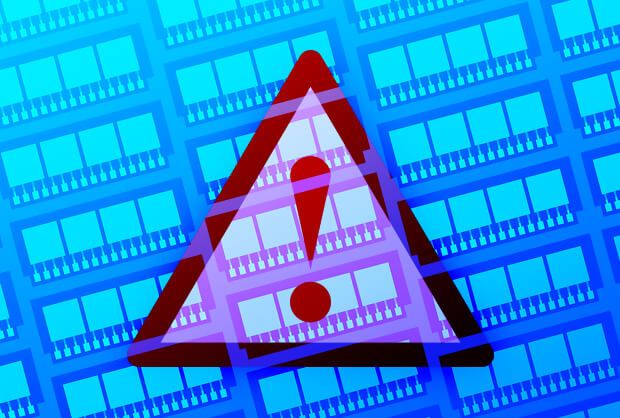



What Is Ecc Ram And How Does It Work Fasthosts




A Tech 32gb 4x8gb Ddr3 1333mhz Dimm Pc3 2rx8 Dual Rank 1 5v Cl9 240 Pin Non Ecc Udimm Desktop Ram Memory Upgrade Kit At Amazon Com
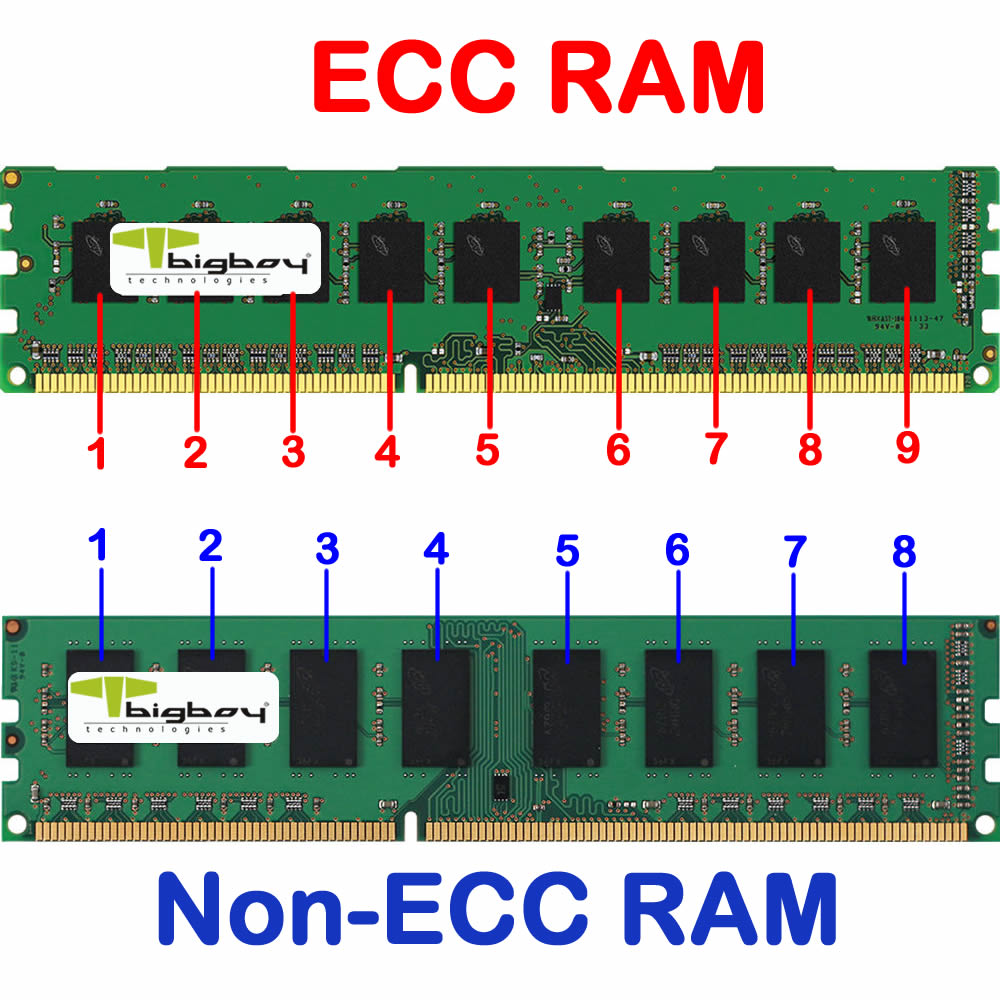



What Is Ecc Ram Can You Game With It Appuals Com
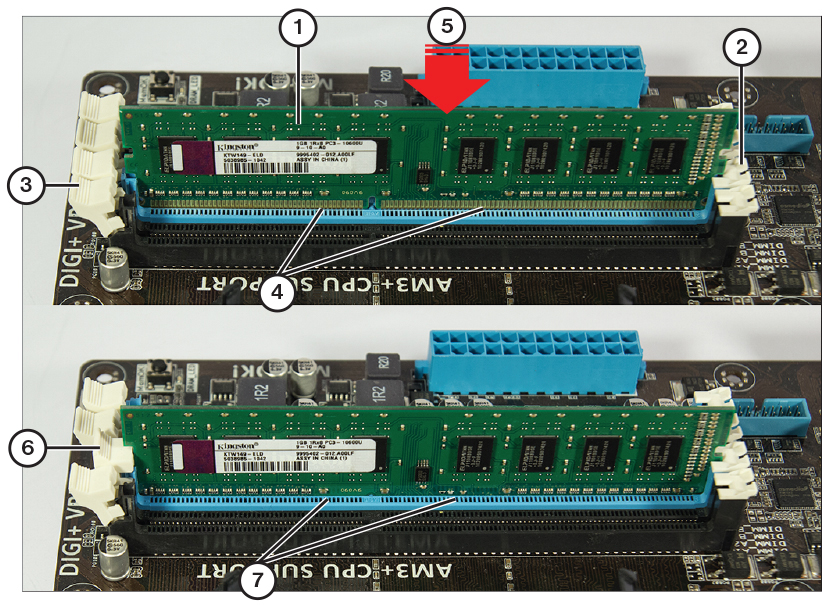



Ram Types And Features Foundation Topics Pearson It Certification



Ecc Ram Vs Non Ecc Ram For Cad Data Server Pc



2




What S The Difference Between Ecc Memory And Non Ecc Memory Youtube




New Arrival 1pc 4gb Pc2 6400 Ddr2 800mhz Memoria Ram Non Ecc 240pin Memory Ram For Amd Desktop Pc2 6400 5300 40 800 667 533mhz Rams Aliexpress



What Is The Difference Between Sap S 4hana And Sap Ecc Erp Sap S 4hana Vs Sap Ecc Sap Digital Transformation Blogs



Difference Between Buffered And Unbuffered Ram Pediaa Com



2
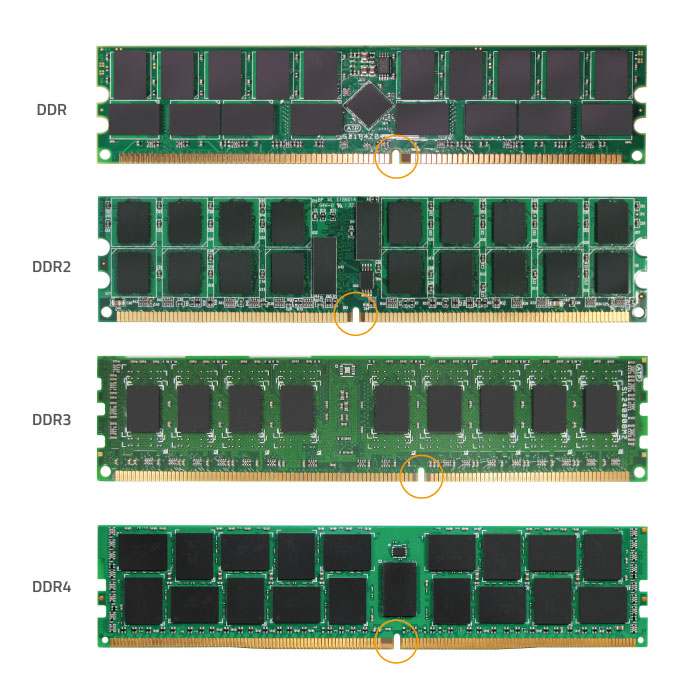



Key Difference Between Ddr4 And Ddr3 Ram




Workstation Ddr4 Memory Benchmarks Ecc Vs Non Ecc 16 Gb Vs 32 Gb Single Vs Dual Vs Quad Channel Overclocked Vs Default Timings Techpowerup Forums
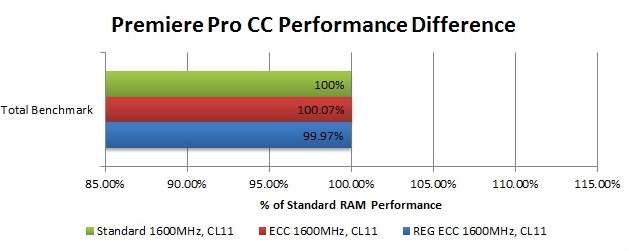



Debunking A Myth Ddr3 Ram Vs Ecc Memory Performance Techspot



1




Workstation Ddr4 Memory Benchmarks Ecc Vs Non Ecc 16 Gb Vs 32 Gb Single Vs Dual Vs Quad Channel Overclocked Vs Default Timings Techpowerup Forums
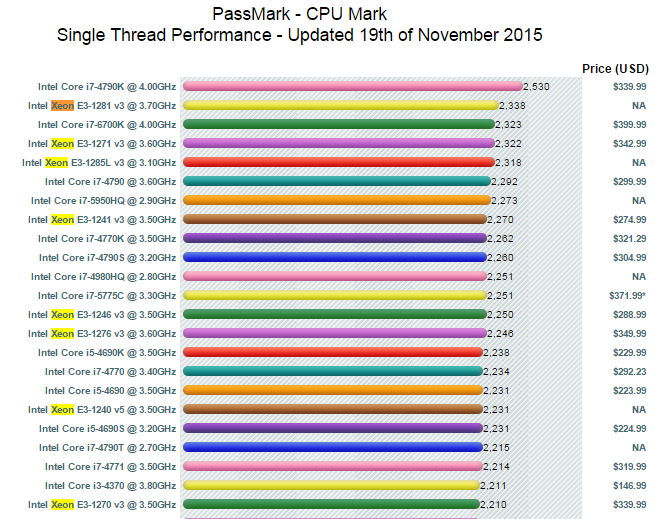



To Ecc Or Not To Ecc



Ck D2jqugstlem
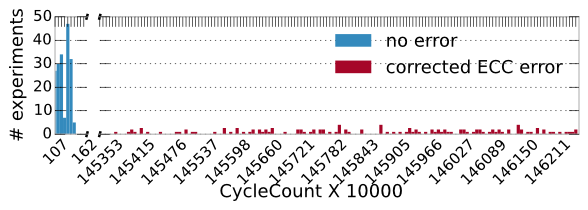



Eccploit Ecc Memory Vulnerable To Rowhammer Attacks After All Vusec
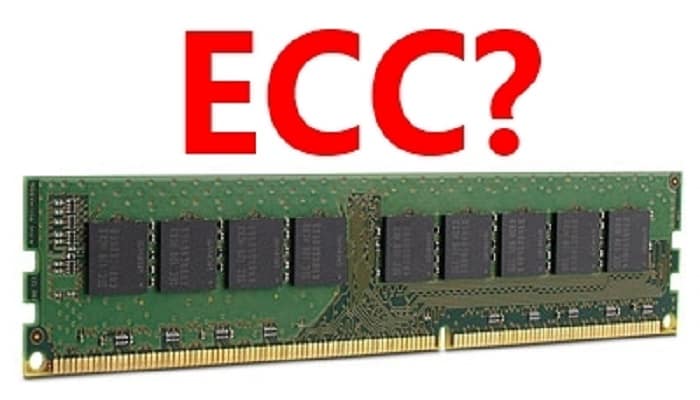



What Is Ecc In Ram Memory Works Faq Pros Cons




What Is Ecc Memory Ecc Memory Benefits
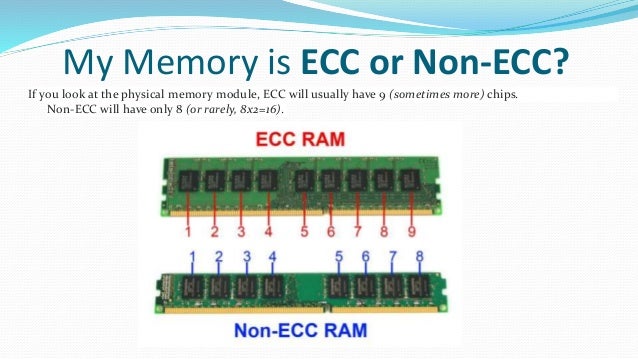



Sale Ecc Non Ecc Is Stock




Ecc Vs Non Ecc Memory




Timetec Hynix Ic 16gb Kit 2x8gb Ddr3l 1600mhz Pc3l Non Ecc Unbuffered 1 35v Cl11 2rx8 Dual Rank Sodimm Laptop Memory Ram 16gb Kit 2x8gb Walmart Com




Ecc Non Ecc Memory Explained Hindi Youtube
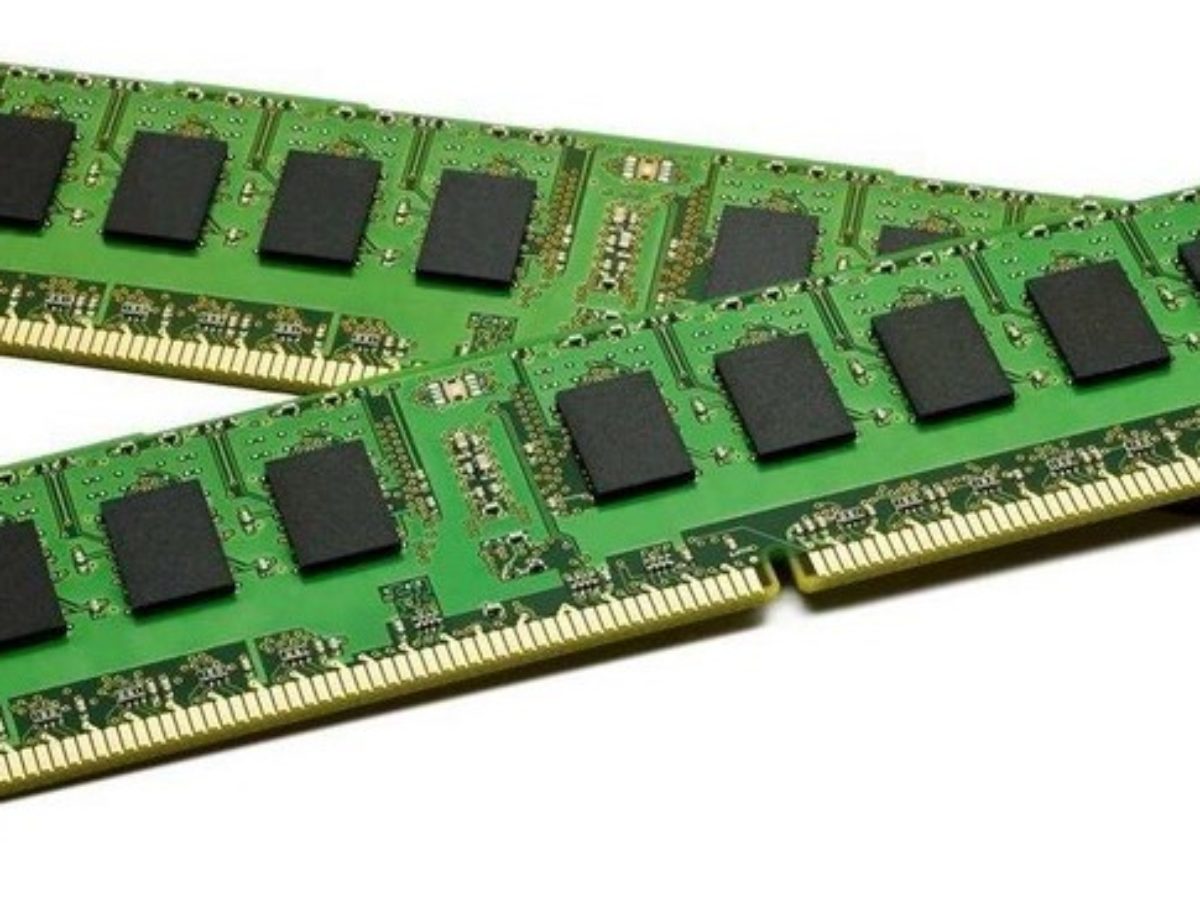



2kdebirkhuqfqm
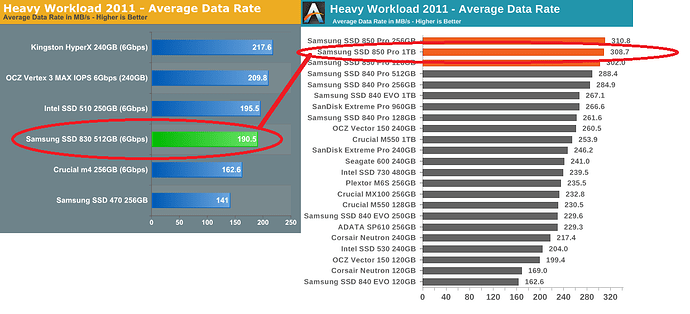



To Ecc Or Not To Ecc



Unbuffered Versus Registered Ecc Memory Difference Between Ecc Udimms And Rdimms
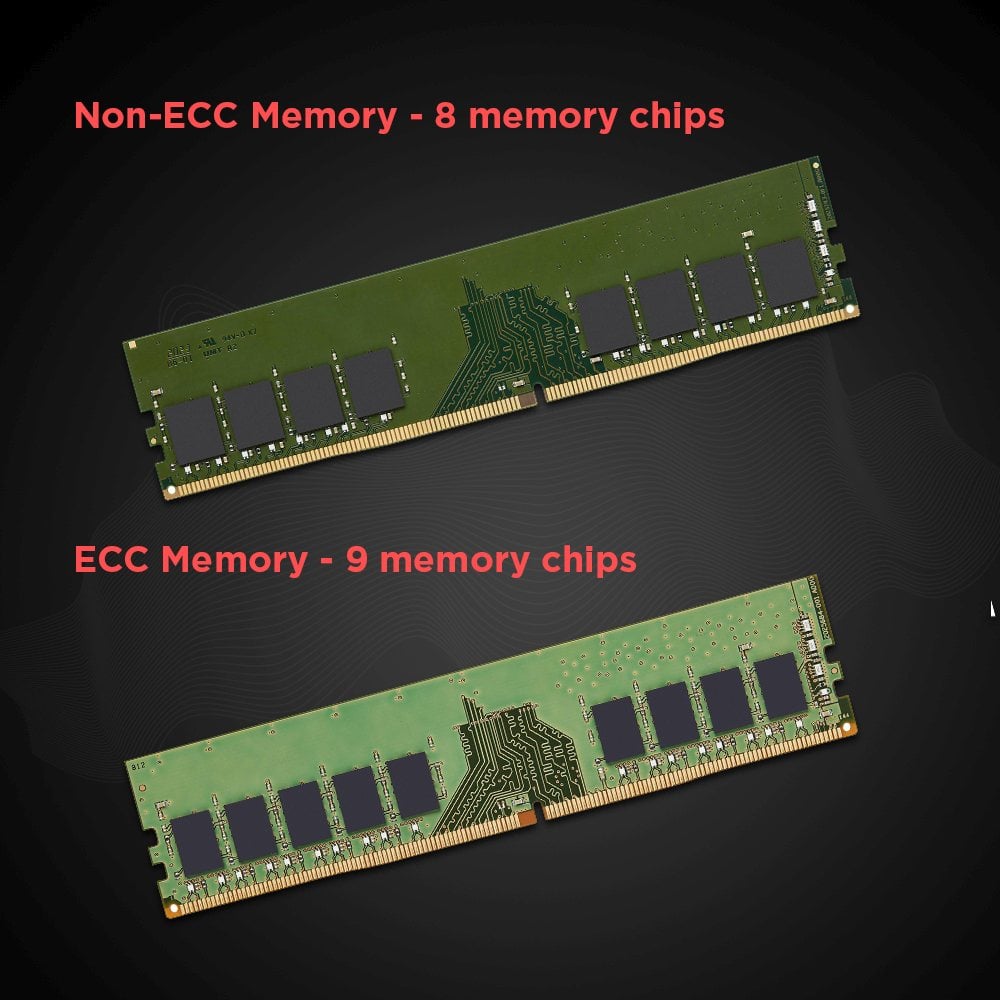



Do You Need Ecc Memory Ram For Your Pc Workloads




How To Find Ram Compatibility For Upgrades Techmikeny



Ecc And Reg Ecc Memory Performance
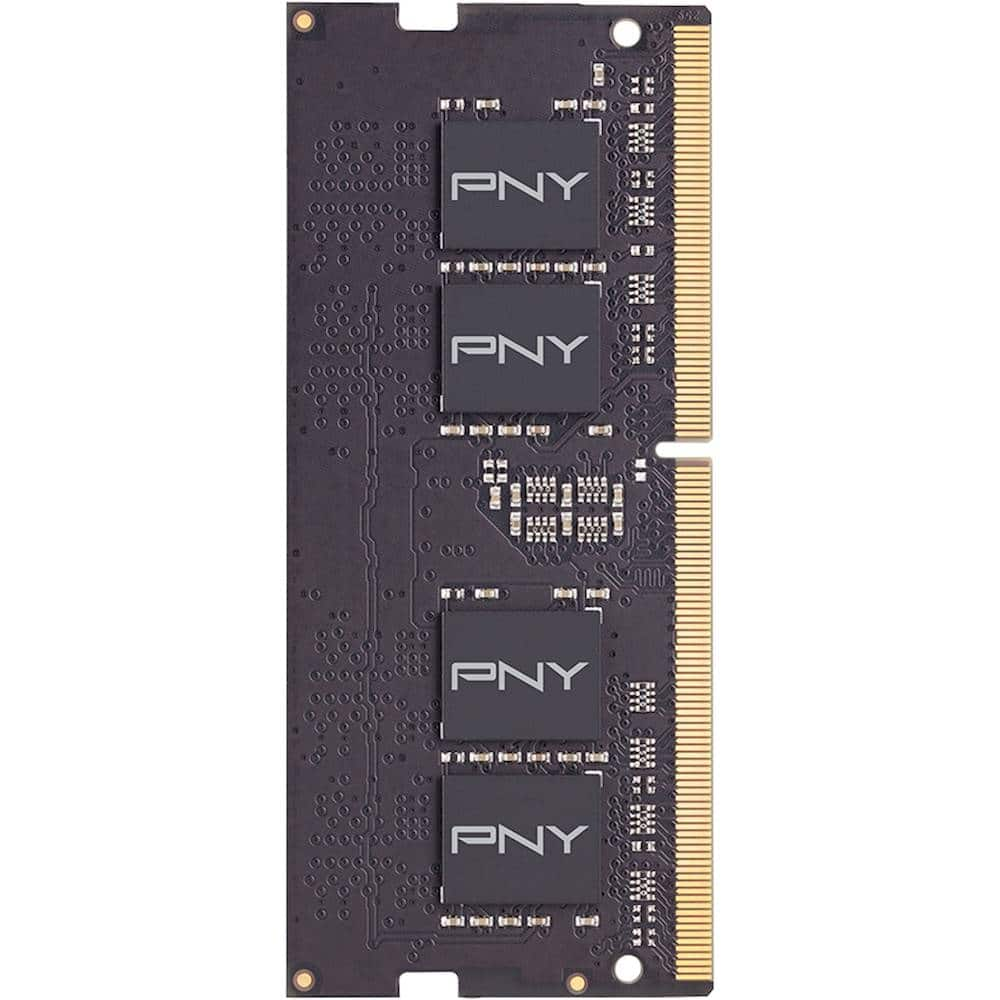



Pny 16gb 2 666ghz Pc4 Ddr4 So Dimm Unbuffered Non Ecc Laptop Memory Black Mn16gsd Best Buy




Ecc Memory The Reliable Memory Ecc Vs Non Ecc Memory Explained Youtube



Ecc Or Non Ecc For Imac 27 Inch Edition Macrumors Forums




What Is Ecc Memory And Why Should You Care Youtube



Advantages Of Ecc Memory




Understanding Ram
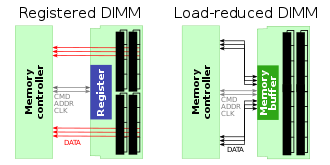



Registered Memory Wikipedia
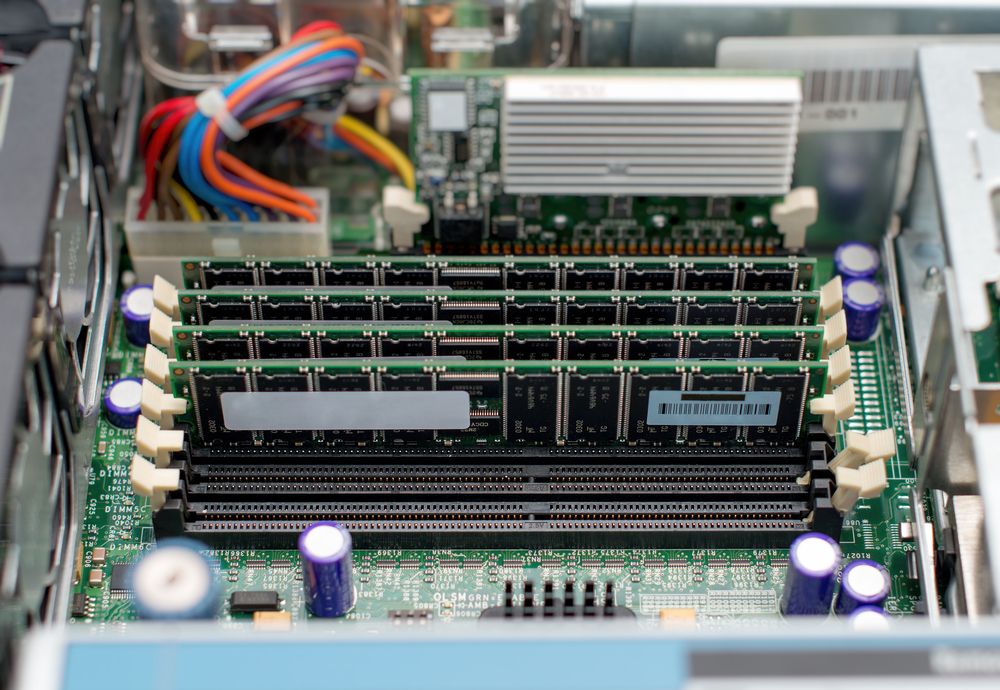



What Is Ecc Memory In Ram A Basic Definition Tom S Hardware




Debunking A Myth Ddr3 Ram Vs Ecc Memory Performance Techspot




Ecc Ram Inside A Laptop Hp Support Community
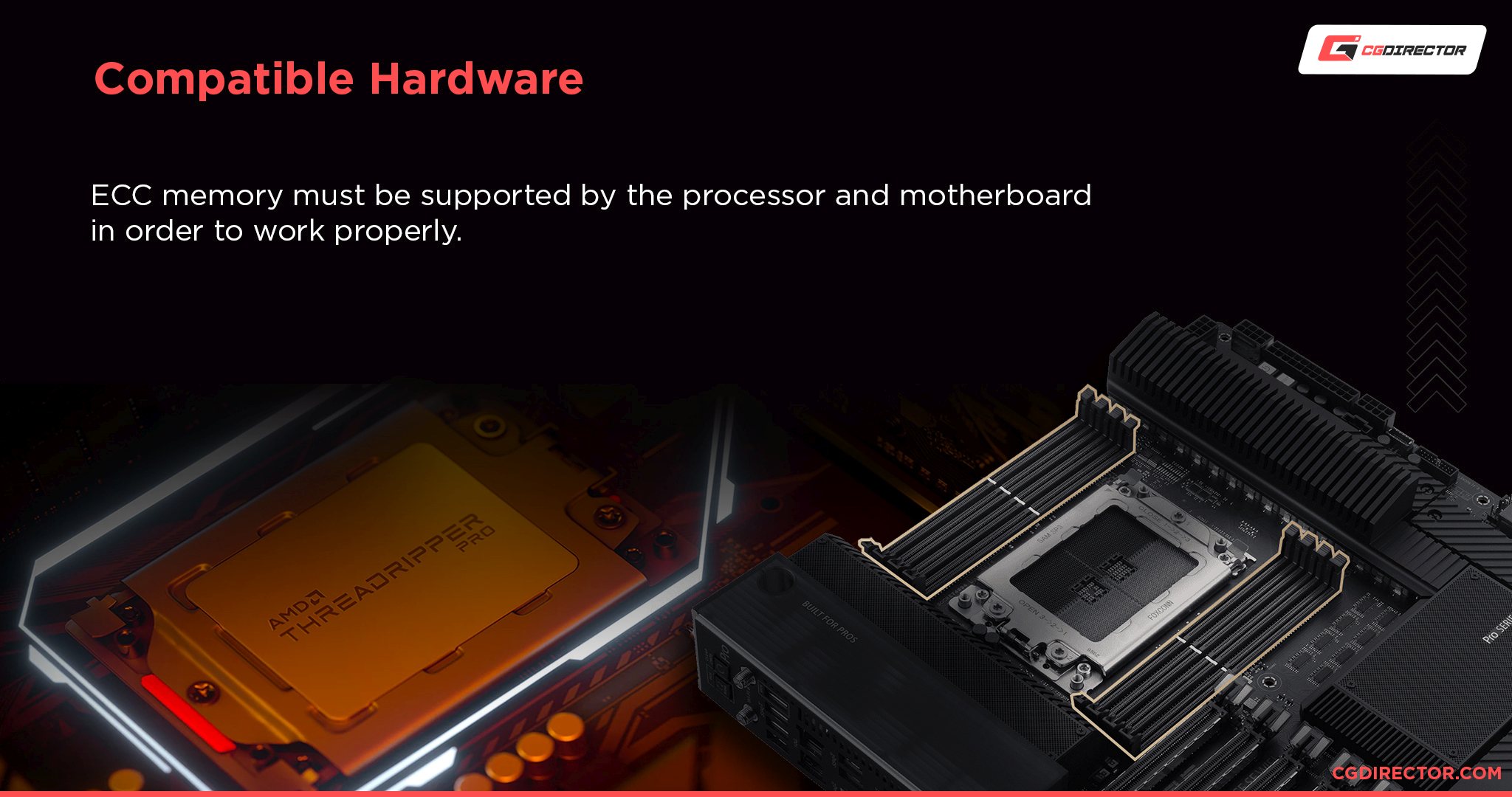



Do You Need Ecc Memory Ram For Your Pc Workloads




What Is Ecc Memory
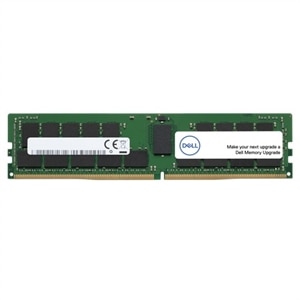



Dell Memory Upgrade 32gb 2rx4 Ddr4 Rdimm 2666mhz Dell Usa
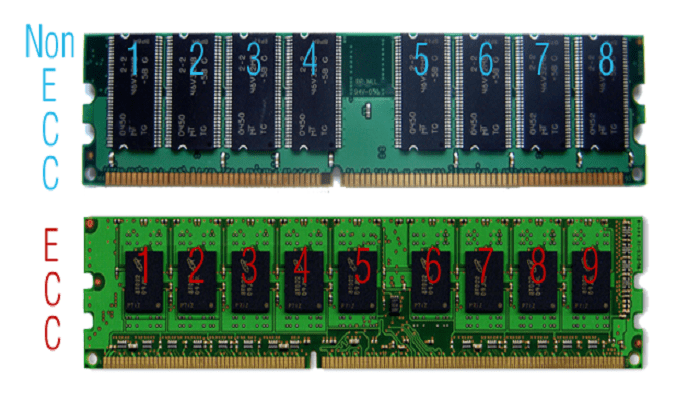



4 Differences Between Ecc And Non Ecc Ram
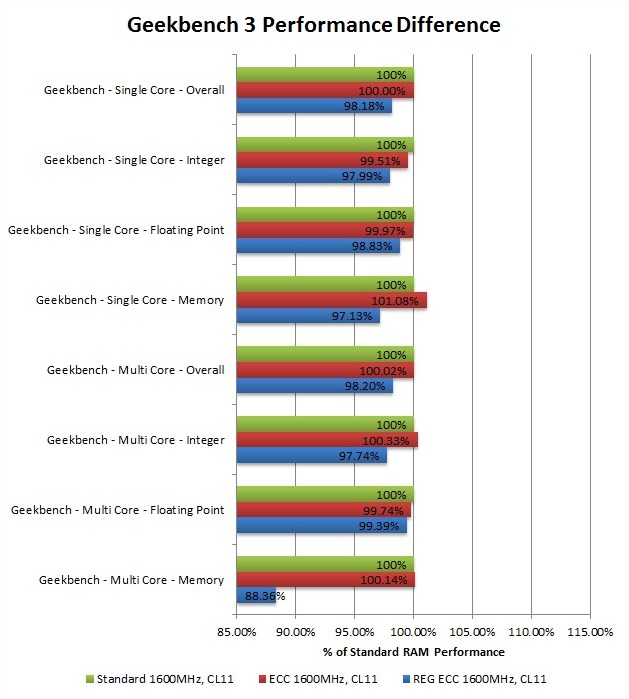



Debunking A Myth Ddr3 Ram Vs Ecc Memory Performance Techspot
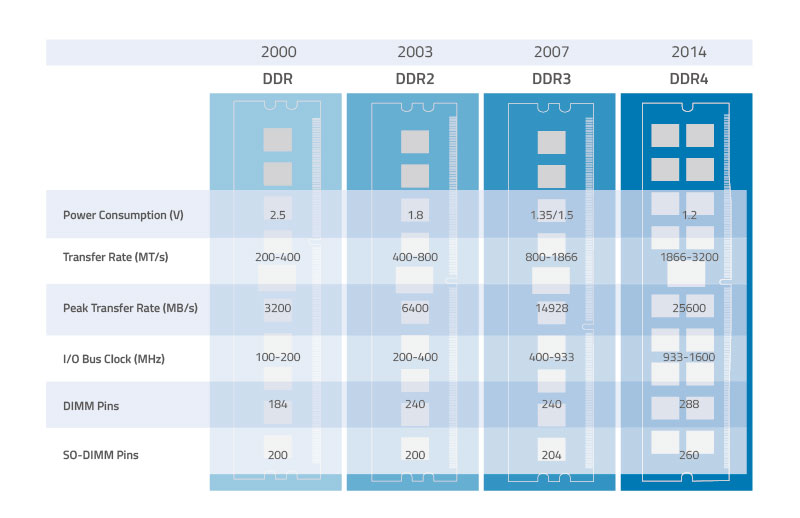



Key Difference Between Ddr4 And Ddr3 Ram




Best Ecc Ddr4 Memory For Amd Threadripper 1950x 19x Cpus



1



My Experience Of Switching From Non Ecc To Ecc Ram On Ryzen Platforms Amd
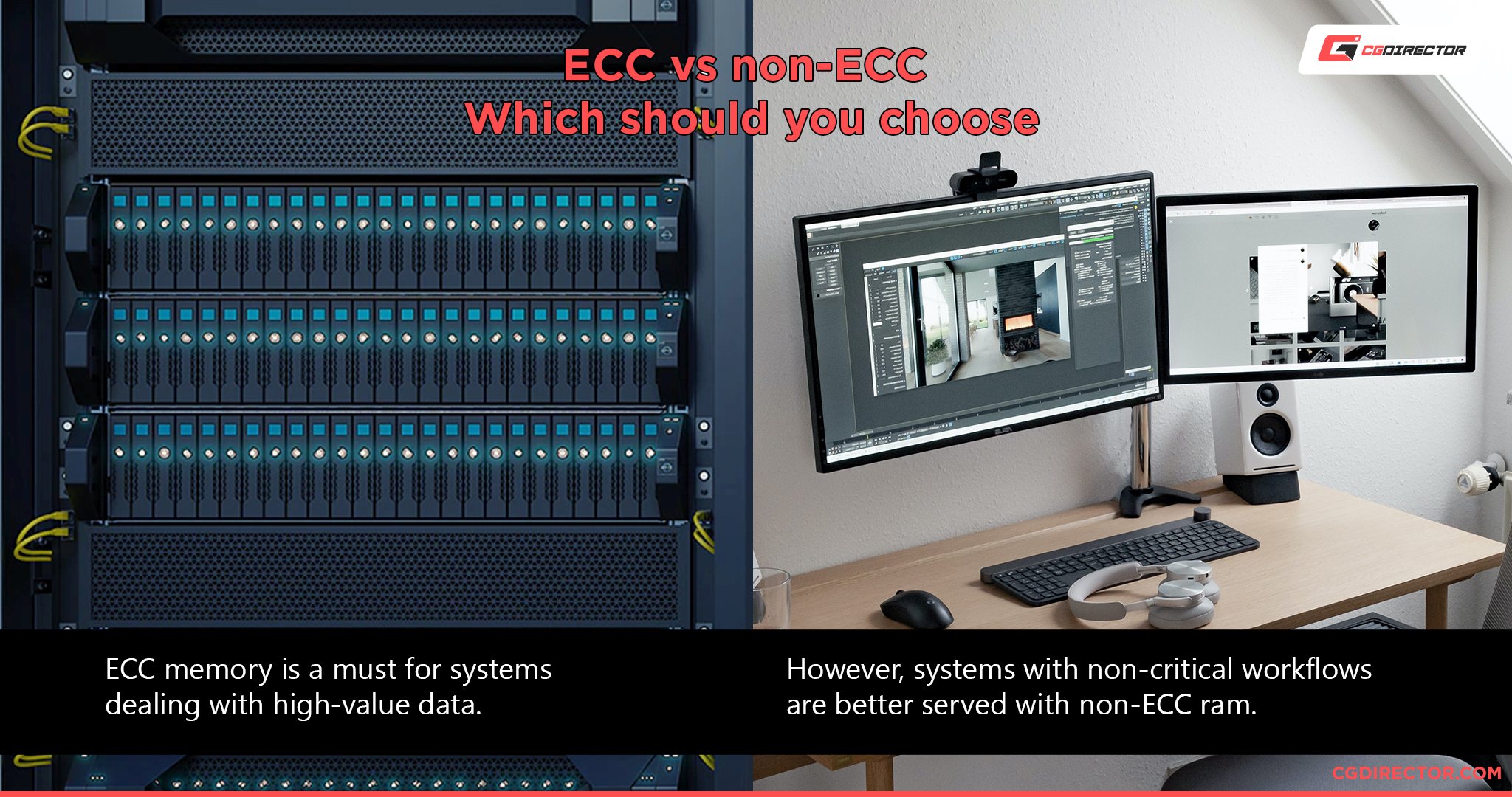



Do You Need Ecc Memory Ram For Your Pc Workloads
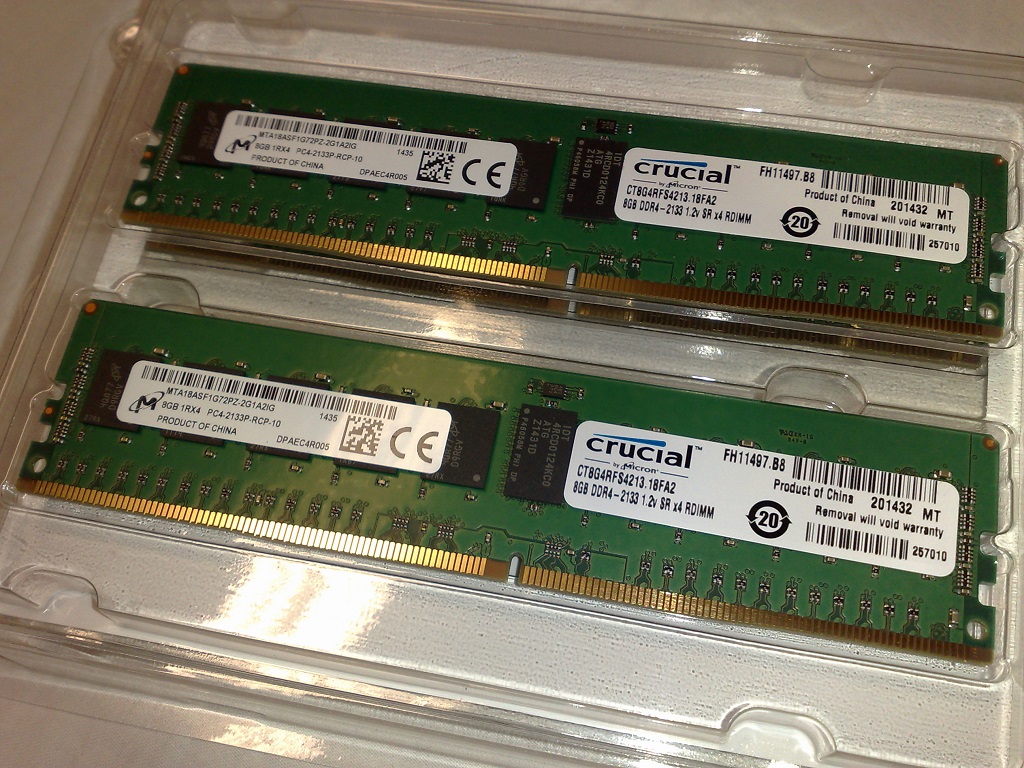



Registered Memory Wikipedia
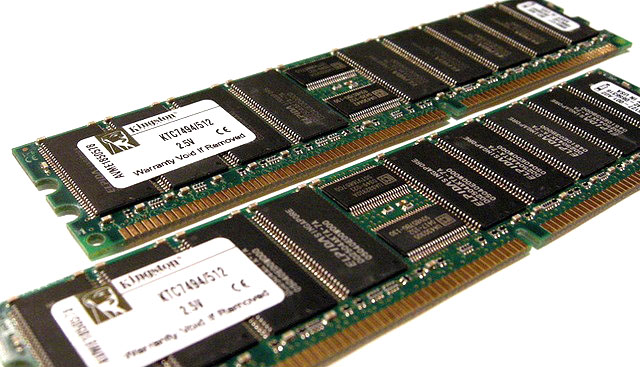



Ecc Ram Everything You Need To Know About It Deskdecode Com




2gb 4gb 8gb Memory Ram Laptop Pc3 8500 Ddr3 1066mhz 4 Non Ecc Unbuffered Lot Ebay
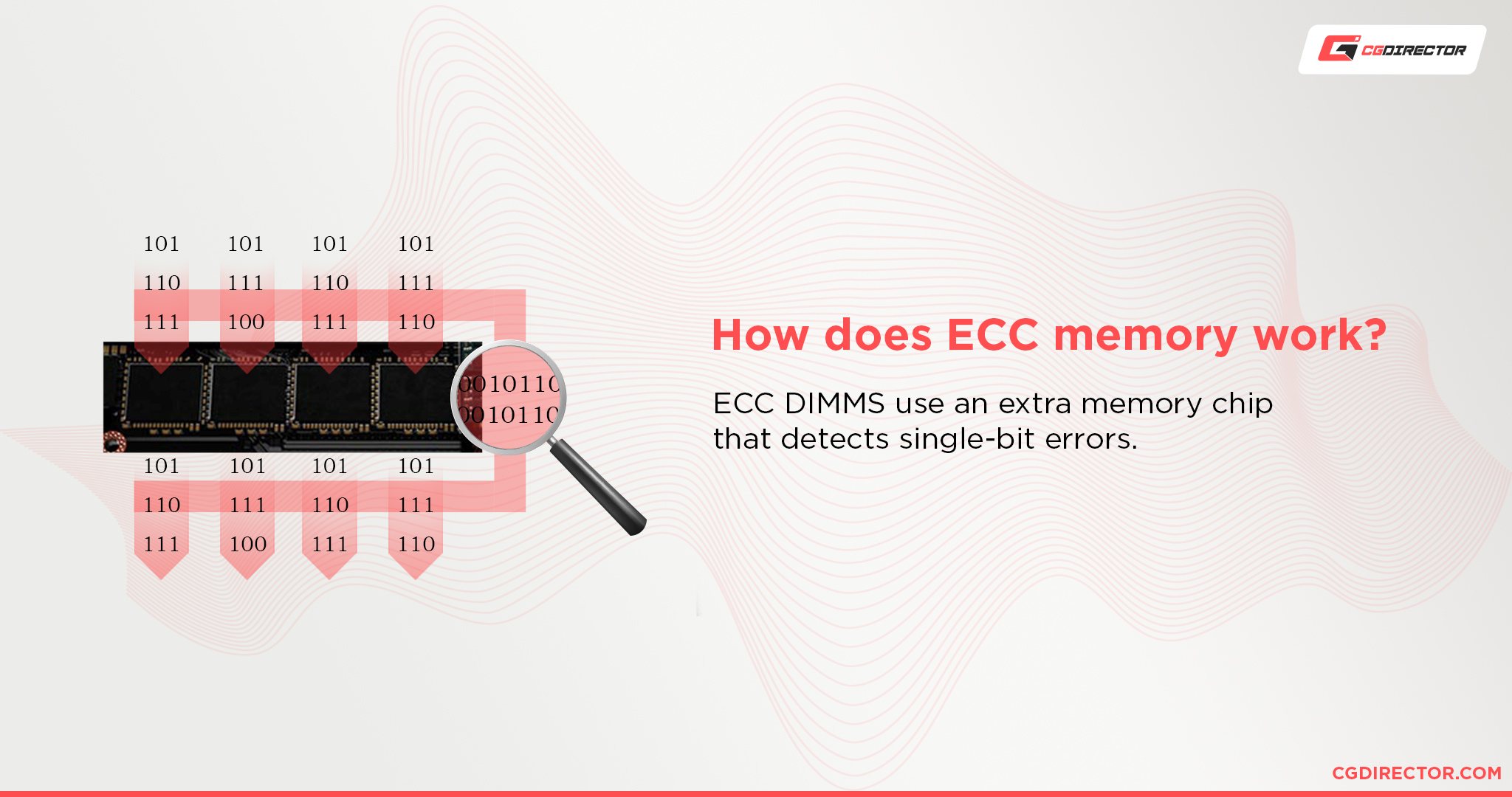



Do You Need Ecc Memory Ram For Your Pc Workloads




Kvt8fp Hyc Kingston 4gb Pc3 Ddr3 1600mhz Ecc Unbuffered Cl11 240 Pin Dimm Dual Rank Memory Module




Server Memory Types And Performance Crucial Com



2




32gb 2x16gb Ddr4 2666mhz Pc4 Non Ecc Udimm 2rx8 1 2v Unbuffered Memory For Desktop Pc At Amazon Com



Desktop Vs Server Ram4uram4u



Ecc Ram Ddr4
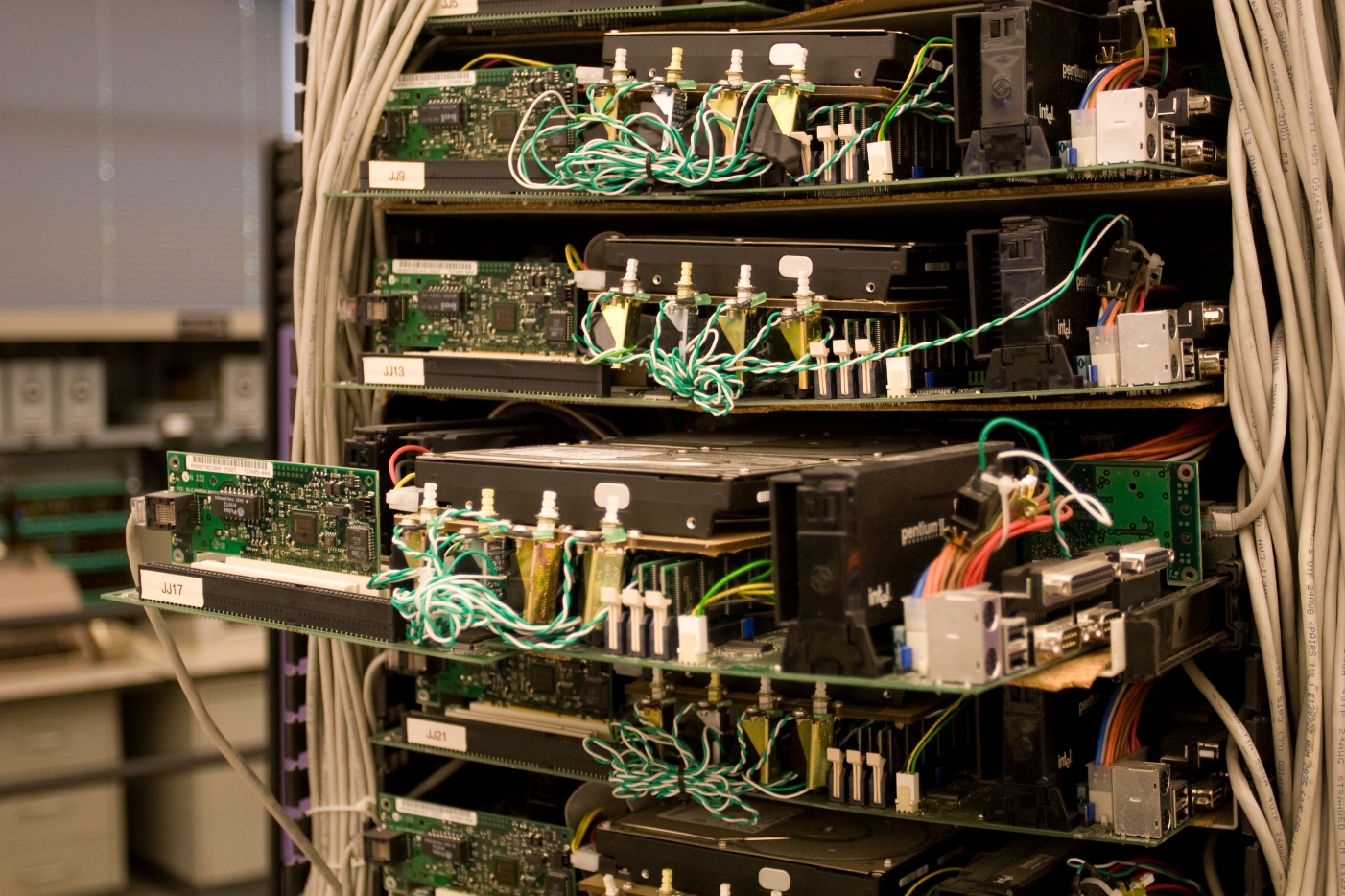



To Ecc Or Not To Ecc




Ecc Memory Or Not For Computer Server Ecc Server Ram
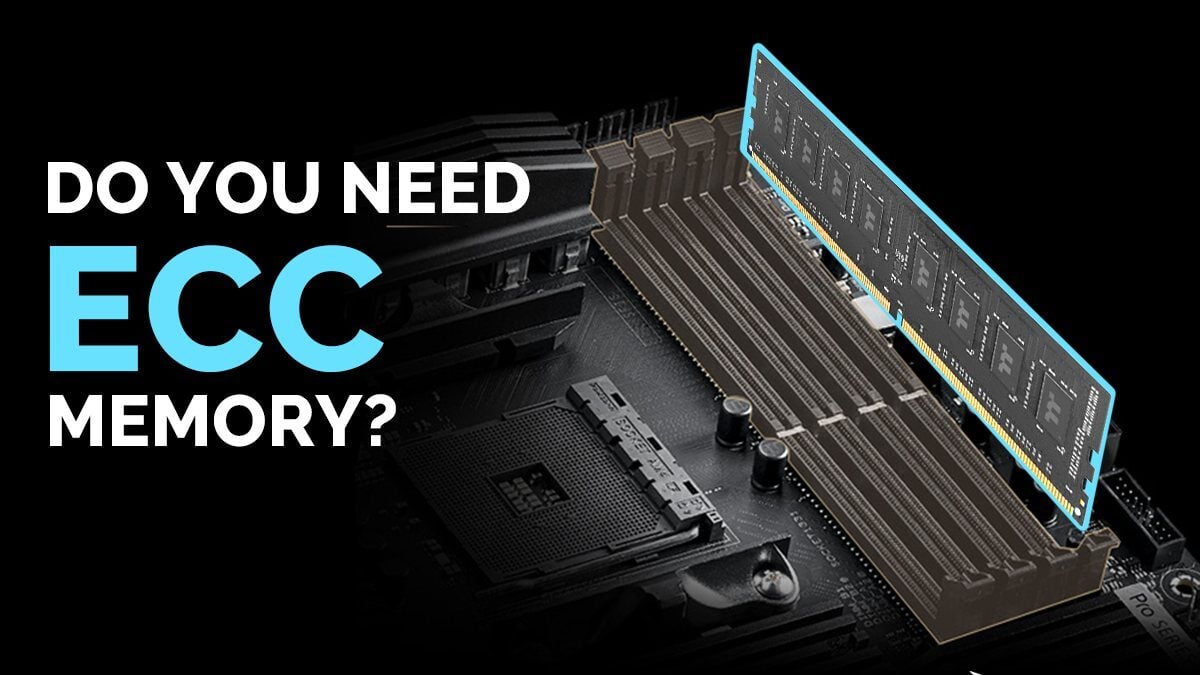



Do You Need Ecc Memory Ram For Your Pc Workloads
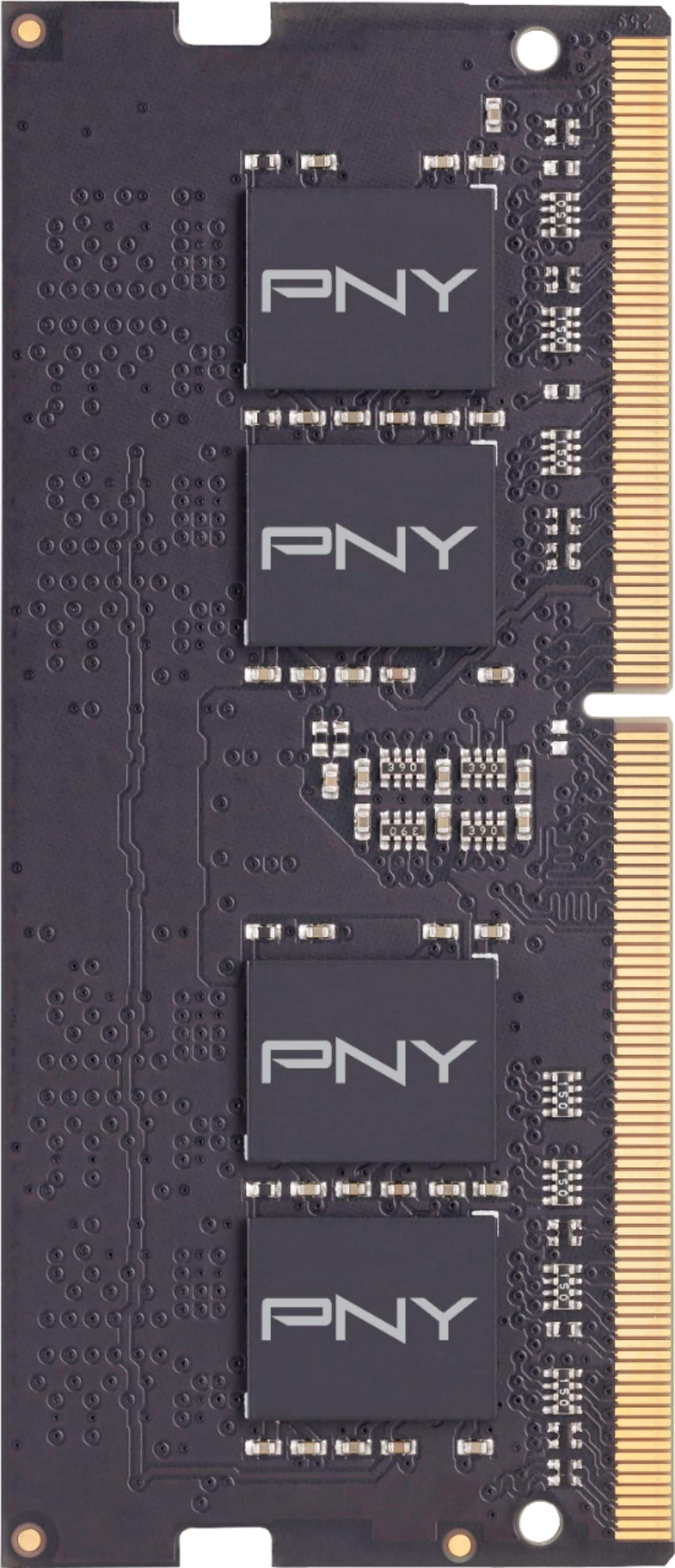



Pny 8gb 2 4ghz Pc4 190 Ddr4 So Dimm Unbuffered Non Ecc Laptop Memory Black Mn8gsd Best Buy



Advantages Of Ecc Memory




Ecc Vs Non Ecc What S The Difference Which One Is Better
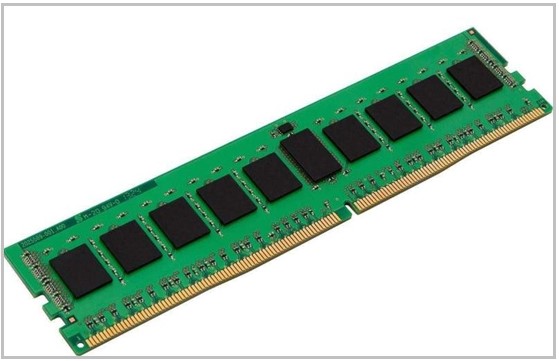



Ecc Vs Non Ecc What S The Difference Which One Is Better
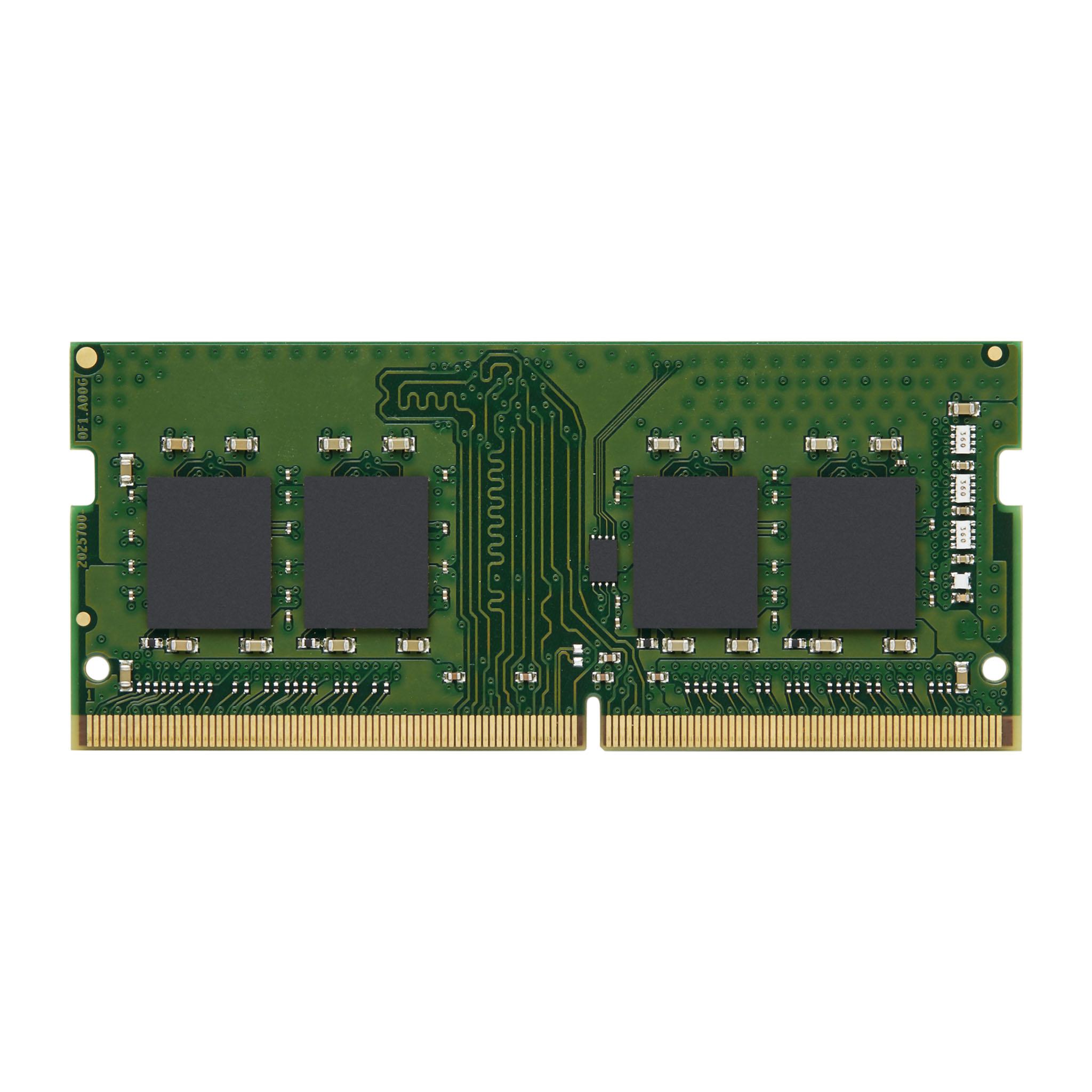



Kingston Memory Ddr4 30mhz Non Ecc Unbuffered Sodimm Kingston Technology
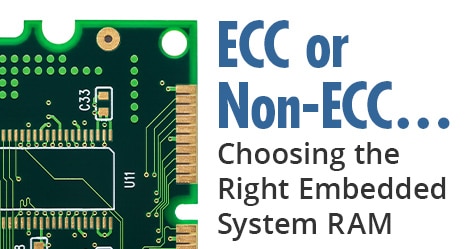



Ecc Ram In Embedded Systems Winsystems




Ecc Memory The Reliable Memory Ecc Vs Non Ecc Memory Explained Youtube



Ecc Ram Vs Non Ecc Ram Solidbox Spotlight Solidbox
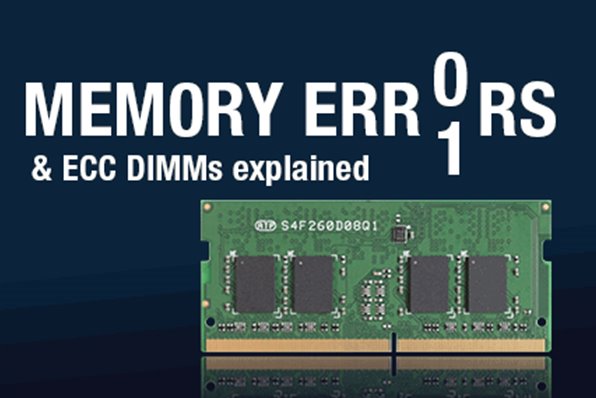



Explaining How Ecc Dimms Counter Computer Memory Errors



0 件のコメント:
コメントを投稿